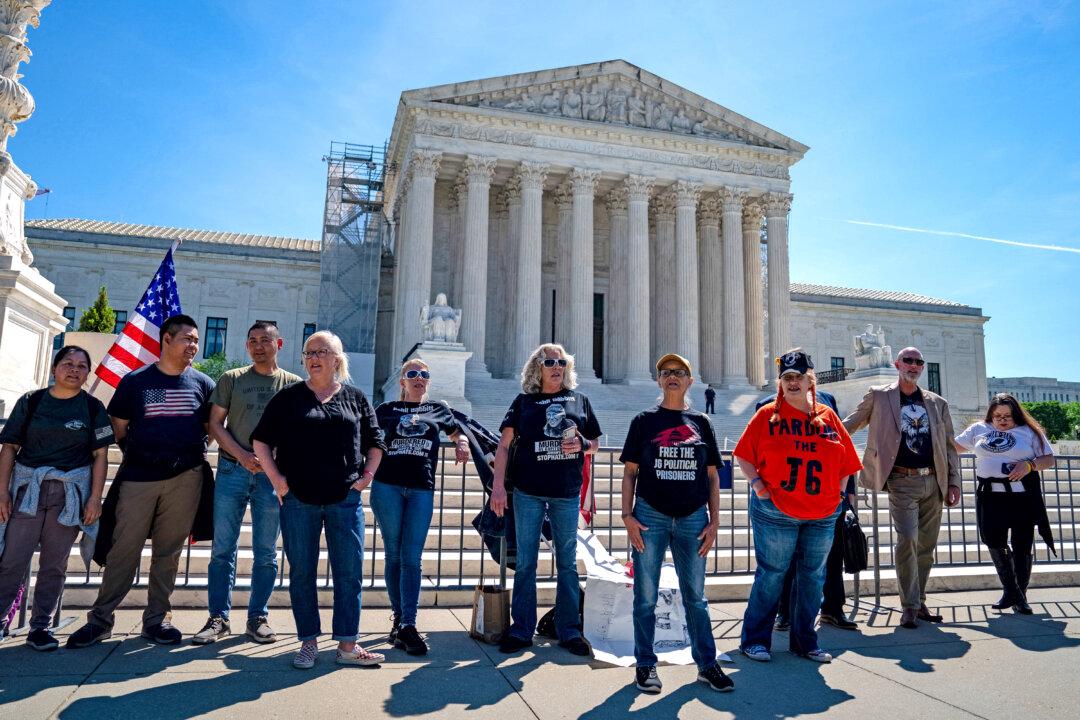A former Boston police officer who assisted victims in the deadly 2013 Boston Marathon bombing carried out by two Islamic militants and helped track the bombers, has been sentenced to 20 months in prison for his actions in the Jan. 6, 2021 (J6) U.S. Capitol riot.
Joseph Robert Fisher, 52, who retired as a decorated police officer after serving 20 years with the Boston Police Department, was sentenced to 20 months in prison, 24 months of supervised release, and ordered to pay $2,000 in restitution by U.S. District Judge Randolph D. Moss.




